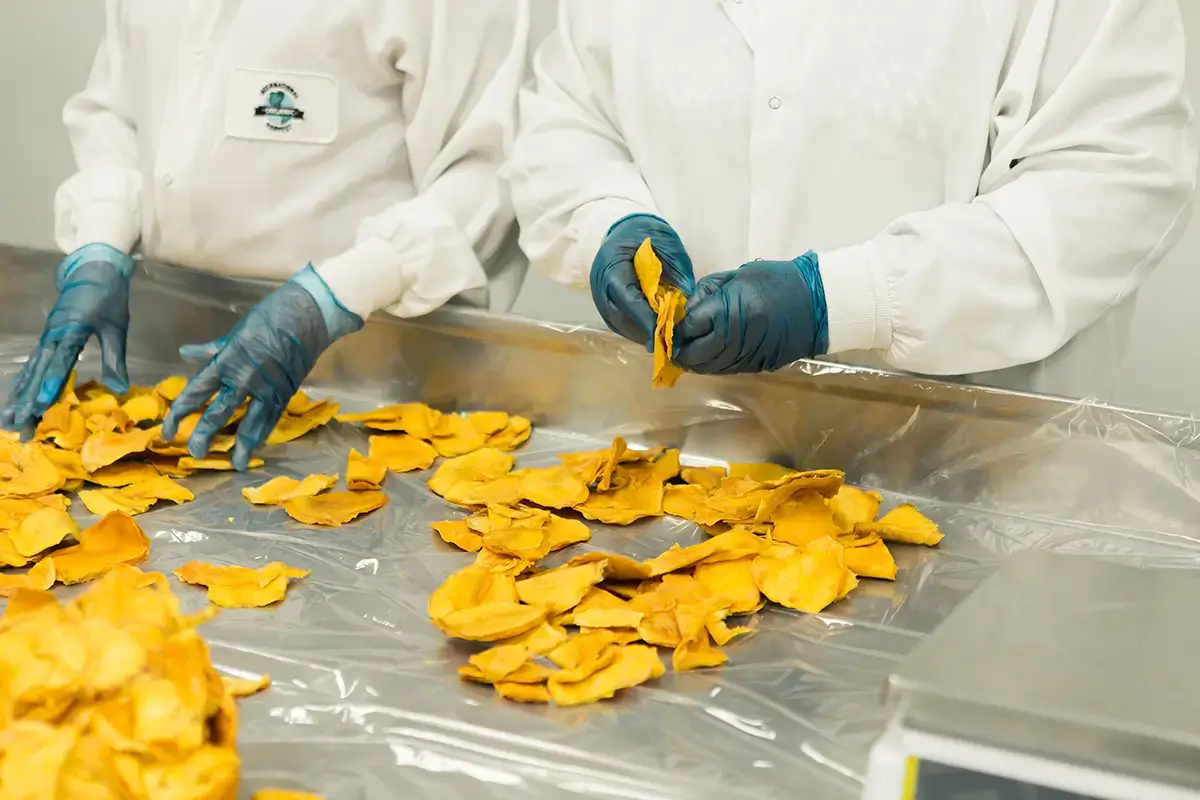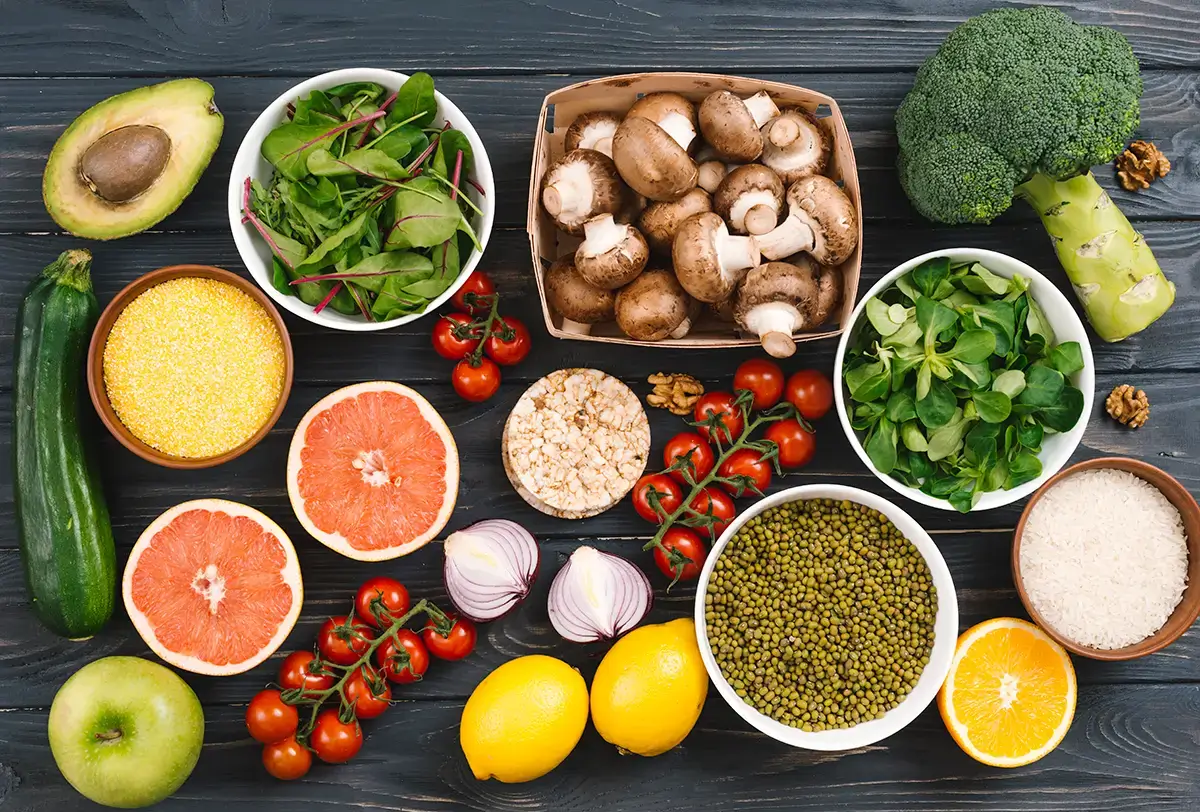Industrialized food: the silent villain of your health?
Discover the hidden dangers behind convenience and learn how to make healthier choices.
In today’s fast-paced world, processed foods have become frequent allies on family tables. Convenience, taste, and variety are some of the attractions that accompany them. But does this convenience come at a high price for our health? Unfortunately, the answer is yes.
According to the latest IBGE study, conducted in 2023, 72.2% of Brazilian households consume ultra-processed foods frequently. This alarming statistic puts us in a worrying scenario, since several studies, such as one by the Brazilian Society of Food and Nutrition (SBAN) in 2021, have proven the direct relationship between the excessive consumption of these products and the development of chronic diseases.
But what makes processed foods so harmful?
The big problem lies in their high content of sugar, sodium, and saturated fats, as well as the low amount of fiber and essential nutrients. This combination, present in instant noodles, sausages, frozen foods, stuffed cookies, and soft drinks, for example, leads to several health problems, such as:
- Obesity and overweight: The high calorie content of these foods, combined with the palatable taste that induces excessive consumption, contributes directly to weight gain. According to the Ministry of Health, in 2022, 60.9% of the Brazilian adult population was overweight, with 21.6% obese.
- Cardiovascular diseases: Excess sodium raises blood pressure, one of the main risk factors for heart attacks and strokes. The World Health Organization (WHO) estimates that, in 2020, 17.9 million deaths worldwide were caused by cardiovascular diseases.
- Type 2 diabetes: Regular consumption of sugar present in processed foods increases insulin resistance, leading to the accumulation of sugar in the blood and, consequently, to the development of diabetes. In 2023, the International Diabetes Federation warned of 463 million adults with diabetes worldwide, with 16.2 million in Brazil.
- Cancer: Some studies suggest that excessive consumption of processed foods may increase the risk of certain types of cancer, such as bowel and breast cancer. The International Agency for Research on Cancer (IARC), in 2020, classified processed meats as carcinogenic to humans (Group 1).
- Depression and other mental disorders: Recent studies show a possible link between frequent consumption of processed foods and an increased risk of depression, anxiety, and other mental disorders. A survey by the University of São Paulo (USP), in 2022, found an association between the consumption of ultra-processed foods and a higher risk of depression in women.
But all is not lost!
It is possible to have a practical, tasty, and, above all, healthy diet. Replacing processed foods with fresh and minimally processed foods, such as fruits, vegetables, greens, whole grains, lean meats, and natural dairy products, is essential to ensure the proper functioning of the body and prevent diseases.
Tips for a healthier diet:
- Cook at home: Plan your meals and prepare them at home with fresh, natural ingredients.
- Read labels: Pay attention to the ingredient list and nutritional information of processed foods. Choose those with lower levels of sugar, sodium, and saturated fat and higher levels of fiber.
- Prefer whole grains: Replace white breads with whole grains, white rice with brown rice, and refined pasta with whole grains.
- Eat fresh fruits and vegetables: Include at least 5 servings of fruits and vegetables in your daily diet.
- Drink plenty of water: Water is essential for the proper functioning of the body. Drink at least 2 liters of water a day.
- Exercise regularly: Physical activity helps maintain body weight and prevent disease.
Your health is your most precious asset. Make conscious choices and invest in a healthier diet to live longer and with more quality!
Additional resources:
- Ministry of Health (Brazil)
- Brazilian Society of Food and Nutrition
- World Health Organization
- International Diabetes Federation
- International Agency for Research on Cancer
- University of São Paulo (Brazil)














